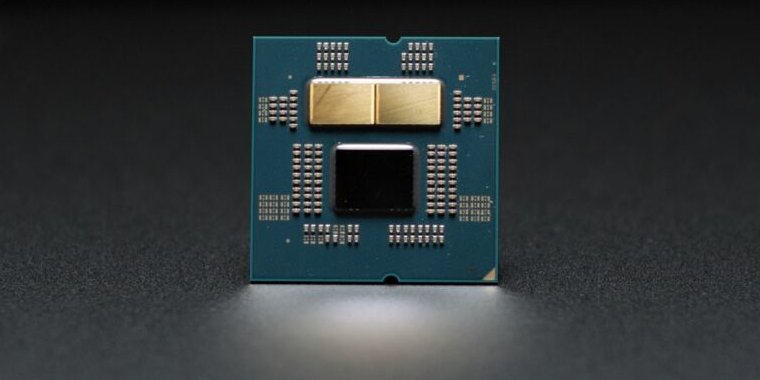Originally posted by user1
View Post
Said another way...Linux really is a good OS yet it can be dragged down by conservative kernel compile options (to maintain a broader range of platform compatibility) and-or use of older Linux code.


Comment